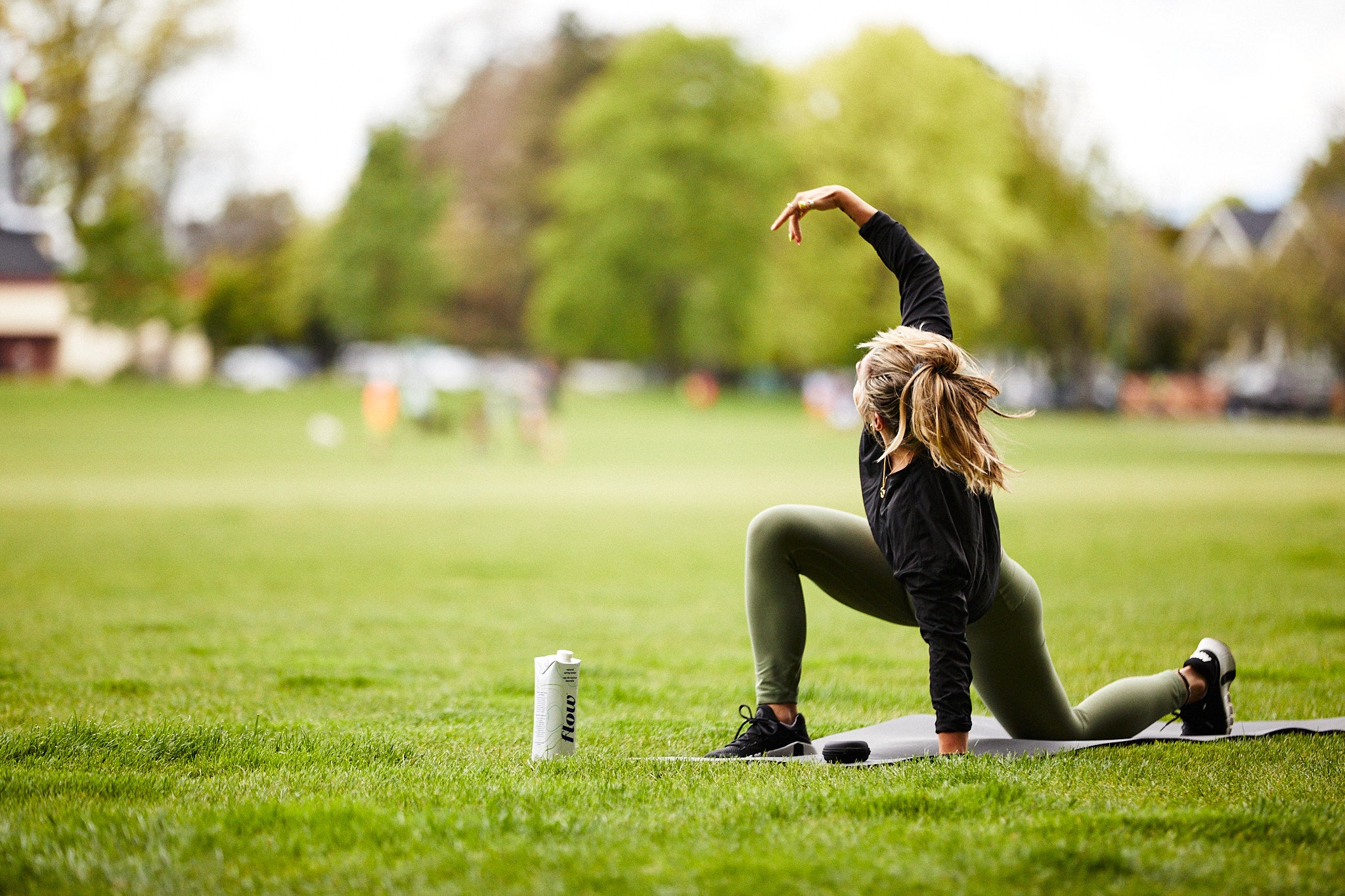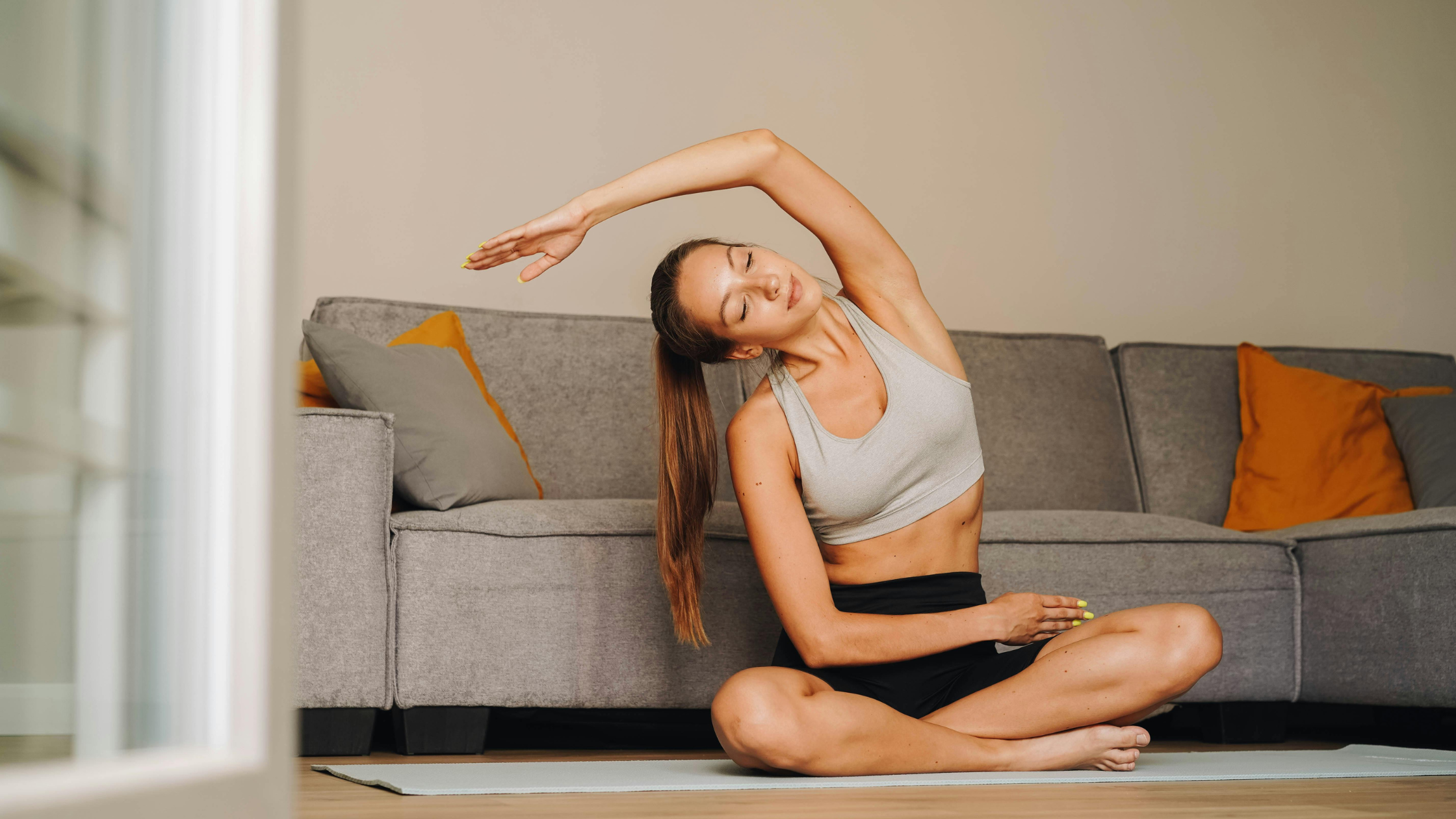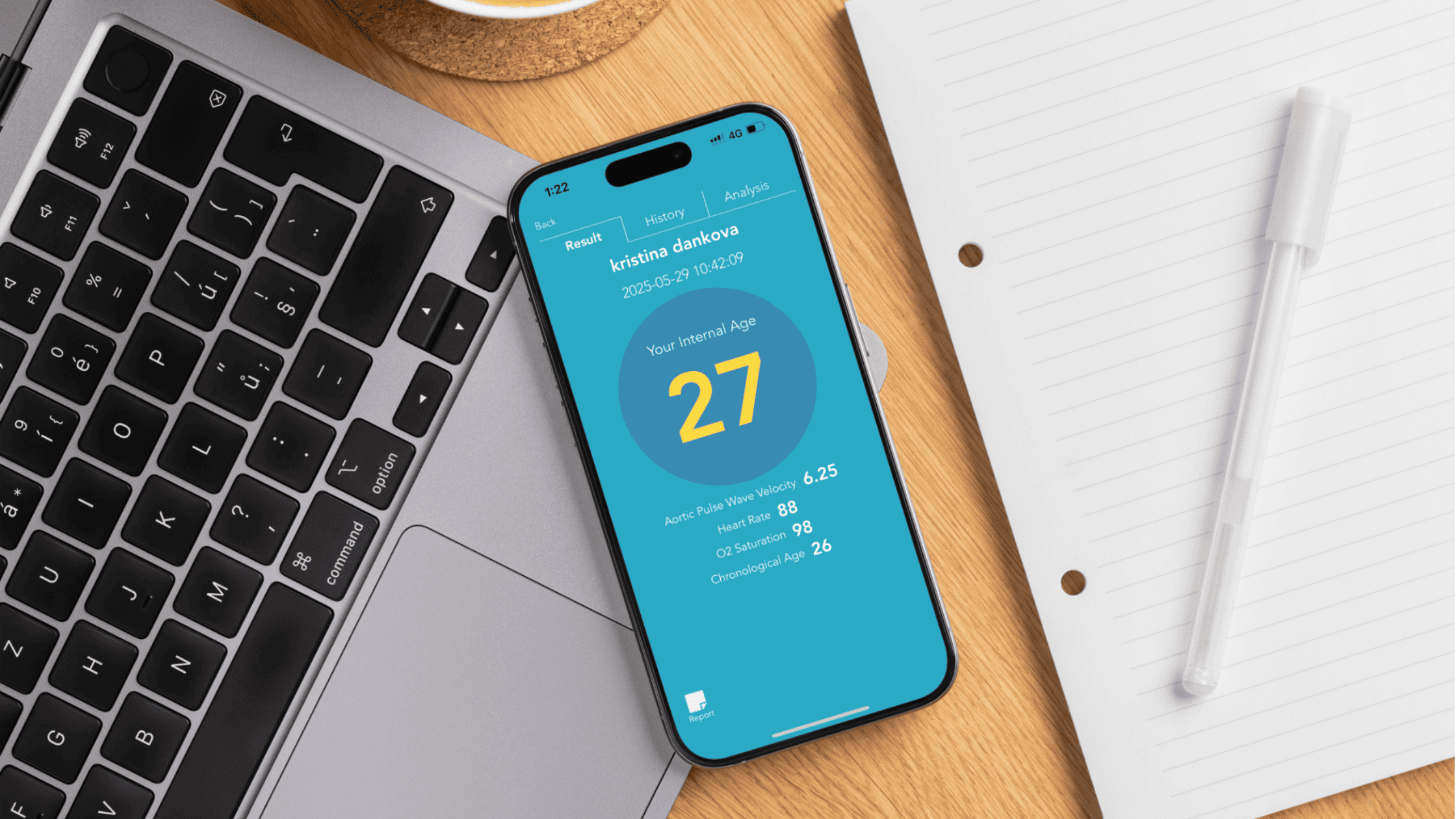Taking deep, intentional breaths are essential for your health. It can help lower blood pressure, slow heart rate, reduce stress levels, calm anxiety, increase energy – all factors contributing to better sleep quality and mood.
But in order to get the most benefit out of your breath, it needs to be performed correctly (and practiced regularly). By making a few small adjustments to how you breathe, you can significantly improve your physical and mental wellbeing, and promote longevity, here’s how:

#1 Take Deeper Breaths
When you breathe, air flows into your lungs. The oxygen in the air is then absorbed by the blood vessels and travels through your circulatory system to reach every cell of your body. The more you breathe, the more oxygen is available for your cells to use.
However, when you’re feeling stressed or anxious, your breathing tends to be shallow. Oftentimes, people focus on what's going on around them to address the unwanted feelings of anxiety and stress, rather than focusing inward.
In those moments, what your body usually needs is for you to take several deep, intentional breaths. This can help you reset your breathing pattern, and get your lungs (and the rest of your body) some much needed oxygen.

#2 Practice Diaphragmatic Breathing
You can practice diaphragmatic breathing by lying on your back with one hand on your chest and one on your belly. Breathe in through your nose, and out through your mouth.
Place the hand that's on your chest right under where the bottom of your rib cage ends – this is where it expands when you breathe in. Then place that same hand just above the waistband of your pants so that it rests against a bit of skin between the top of each hip bone, but not touching either one.
Now focus only on what happens to that hand as you breathe in and out again: does it move up or down? No matter how little movement there may seem at first, try to feel what happens in this area with each breath.
If you still can't feel anything after doing this for 5 to 10 minutes, that’s okay. Diaphragmatic breathing is something you can and should practice daily, and it will be better over time.

#3 Breathe During Periods of Calm
The best time to practice deep breathing exercises is during periods of calm, before you find yourself stressed out or anxious about something. The process can be very soothing and calming for the body, allowing you to relax and feel better overall.
When you first begin practicing deep breathing exercises, try doing them for 5-10 minutes each morning when you first wake up. This helps set yourself up for a calmer day because your body has had time to rest during sleep.
Later in the day when things get hectic, take some time out of your schedule to breathe deeply again and focus on relaxing your body even more. You’ve already done it once today, so it should be familiar for your body the second time around.
#4 Track With iheart HRV
iheart HRV is an app that analyzes your heart rate variability (HRV), a well-documented measure of your body’s stress response. When using the app, you can watch your heart rate and oxygen saturation in real-time, and see how they are affected by the way that you breathe.
We encourage you to use this app to see how your body reacts to different scenarios (at work, out with friends, while you exercise, or when you’re home with family) and track the impact of practicing intentional breathing techniques.
Make it Part of Your Routine
It's time to take a deep breath and give your body the oxygen it needs. Practice these deep breathing exercises regularly to feel more relaxed, less anxious, and better able to handle stress.
Performing them consistently will also improve your health by strengthening your muscles and improving circulation throughout your body, plus you’ll see your results improve in real-time on the iheart HRV app.





Share:
Tips for Reducing Stress During the Holidays
3 Stress-Busting Foods You Need to Start Eating